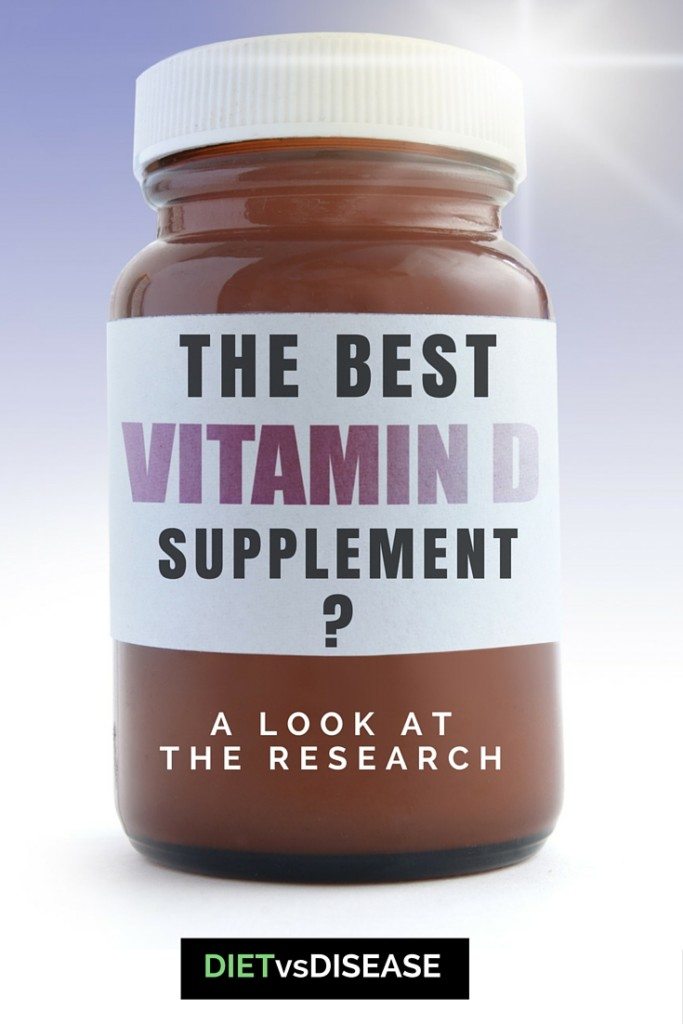Vitamin D deficiency is the most common nutrient deficiency in the Western world.
This is a huge concern when you consider it benefits bone strength, mental health, (potentially) cancer risk, and more.
Vitamin D supplementation has emerged as a convenient and cost-effective solution. This article explores the different types available and the best vitamin D supplement for you.
The world’s most common deficiency
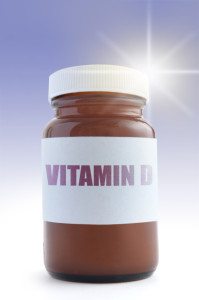
Vitamin D is a fat-soluble vitamin (mixes or dissolves in fat), which means it can be stored in body fat for an extended length of time.
It actually acts as a hormone and is produced by our cholesterol, as long as we get an adequate amount of UV light exposure (from the sun) on our skin (1).
But due to modern office-based lifestyles, coupled with those living in colder climates, sun exposure on its own is no longer enough. In fact, studies show that up to a massive 41% of US adults are vitamin D deficient (2).
Considering that food is not a significant source, it’s no surprise that vitamin D is the (Western) world’s most common nutrient deficiency, with magnesium deficiency a close second (3).
Summary: Studies estimate that over 40% of adults are vitamin D deficient, largely due to our modern indoor lifestyles.
Two main types of vitamin D supplement
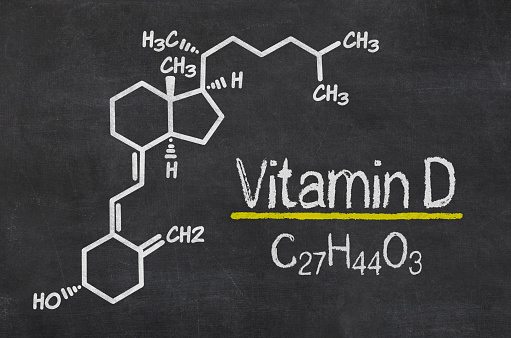
Vitamin D supplementation is thought to benefit numerous aspects of health. This includes bone strength, immunity, mental health, metabolic health, and maybe even cancer risk.
There are two types important to humans:
- Vitamin D2 (ergocalciferol): Found in plant foods, namely some mushrooms.
- Vitamin D3 (cholecalciferol): Found in animals, like fatty fish and egg yolks.
Both are converted into the “active” type in the body (calcitriol) when exposed to UV light from the sun.
Tablets, capsules or liquid form?
Vitamin D supplements are available in 3 common forms:
- chewable tablet
- capsules
- emulsified oil drops.
A 12-week study comparing their effectiveness found that all 3 are safe and effective, but only those using chewable tablets or capsules obtained sufficient vitamin D levels (4).
Summary: Vitamin D2 and vitamin D3 are the two types important to humans. They are available as a supplement in several different forms, but tablets and capsules appear the most effective.
The best vitamin D3 supplement and dosage
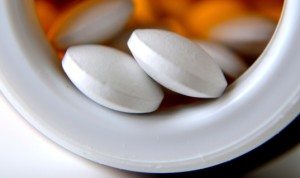
Research indicates the human body prefers to utilise vitamin D3 over D2 (5, 6).
Numerous studies have also found vitamin D3 supplementation to be more effective than D2, yet zero studies have found D2 to be superior (7).
Based on the weight of evidence it makes sense to choose vitamin D3, and you can find a good range on Amazon (full disclosure: this is an affiliate link).
I recommend this vitamin D3 supplement, which is a soft-gel capsule. It contains 2,000 UI per capsule and has hundreds of positive buyer reviews.
Recommended dosage
The standard dose for vitamin D3 supplementation is 1,000‑2,000 IU (International Unit) per day. According to Examine.com, this is sufficient to meet the needs of most of the population.
The safe upper limit is said to be 4,000 IU (100 micrograms) per day (8).
Note these are general recommendations. You should seek your doctor’s advice before taking any supplement- especially if you have other pre-existing medical conditions or use medication.
Summary: Vitamin D3 in a tablet or capsule is likely the most effective type and form of supplement. The standard dose is 1,000-2,000 IU per day, but your individual could vary significantly.
Extra important considerations
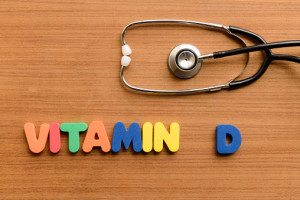
There are several commonly overlooked factors to consider before you supplement and while you supplement:
- Vitamin D supplements should be taken daily with meals or a food source that contains fat.
- Vitamin D supplements are known to interact with steroid medications, weight loss drugs and certain cholesterol-lowering drugs. These may inhibit the absorption of vitamin D (9, 10, 11).
- Vitamin D is not the cure all solution. In some health conditions, such as multiple sclerosis, sun exposure improved symptoms but vitamin D supplementation did not. This suggests researchers will discover more pieces to this puzzle (12, 13).
- Vitamin D and calcium supplementation seem to complement each other. This could be why combination treatment may be additionally beneficial in some aspects of health, including blood pressure and cancer risk (14, 15).
- Vitamin D may complement vitamin K2 supplementation as both share similar roles and mechanisms when it comes to heart and bone health (16).
- Maintaining adequate magnesium levels also appears to be important for the function of vitamin D.
Remember that no nutrient acts in isolation, and no one supplement is a cure-all for your health problems.
Supplements should be used as a tool to support a healthy diet and lifestyle, not replace it.

